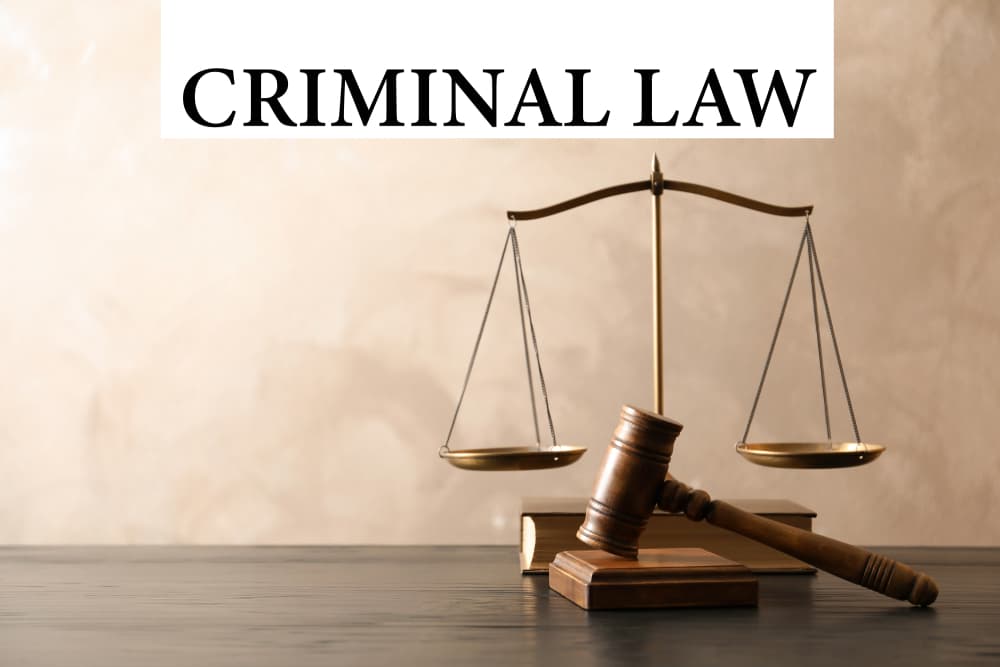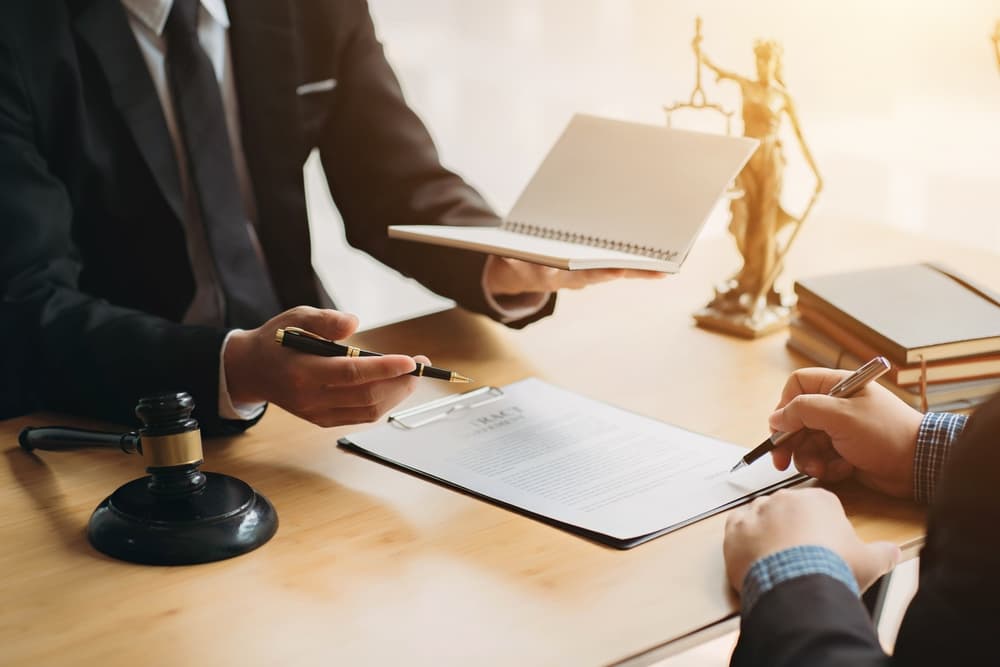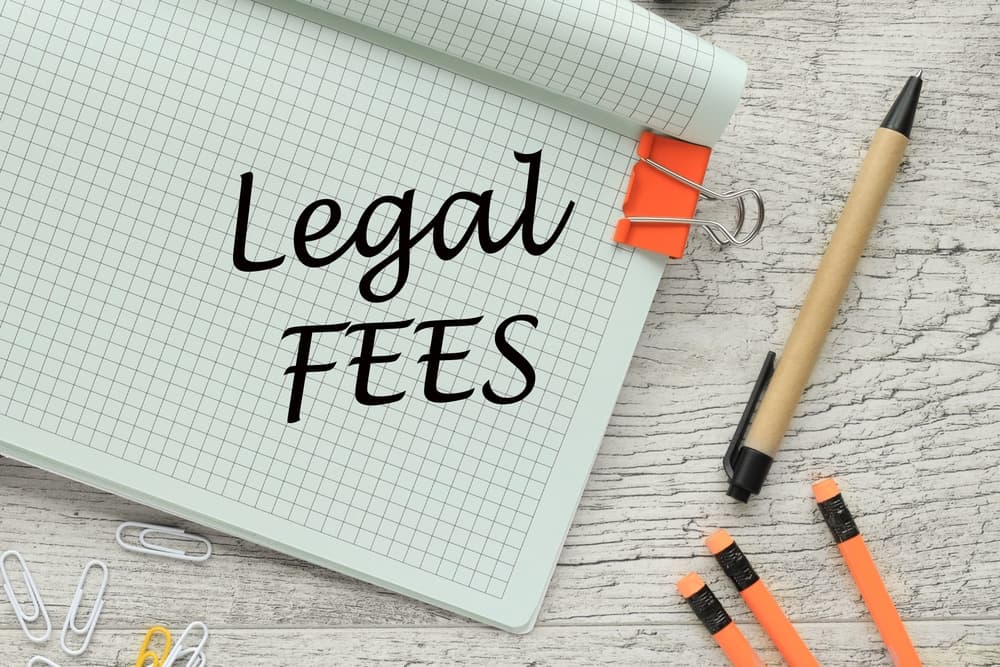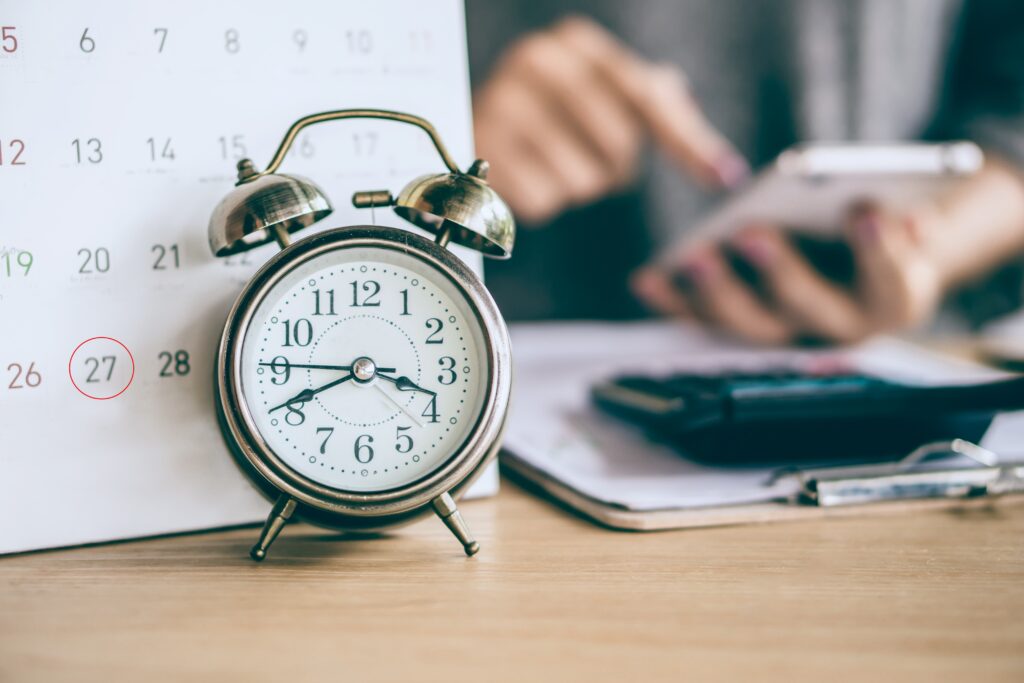To find a criminal defense lawyer, you need to choose an attorney with proven experience defending against the offense you’re charged with. For instance, if you have been charged with driving while impaired, you want to select a criminal defense attorney who has handled this type of case.
They should also have strong recommendations from clients who’ve used their service. Make sure they are Bar-approved and have the proper credentials. They should have a clear record - no recent disciplinary actions or similar issues. You can check with the local bar association for this information.
Once you find a respected and experienced Beaufort criminal defense lawyer who handles cases similar to yours, you can prepare for an in-person consultation.
Schedule Your Free Consultation
Preparing for the Consultation: Organization is Key

Before meeting with a potential criminal defense attorney, take these preliminary steps:
Gather Information
Collect all relevant documents, including police reports, court papers, and any evidence you have that relates to your charges. Organize these materials chronologically. You can look up this information online to get copies.
Write Down the Details of Your Case
Create a timeline of events related to your case. Include dates, locations, and the key people involved.
Make a List of Questions to Ask the Lawyer
Prepare a list of questions to ask the lawyer. It will ensure that you don’t forget essential points during the meeting.
Establish Clear Objectives
Determine what you want to achieve from the consultation. Are you looking to hire this lawyer or just gather information?
Research the Lawyer Online
Review the lawyer’s website, online profiles, and public information about their practice and experience.
Meeting with the Lawyer: Conducting an Interview

When you meet with the lawyer, follow these steps to make the most of your consultation:
Provide a Case Overview
Start by giving the lawyer a concise summary of your case. Stick to the facts and avoid emotional language. Be honest and thorough – remember that attorney-client privilege protects your communications.
Learn More About the Defense Attorney’s Experience: Ask the Right Questions
Inquire about the criminal defense lawyer’s experience with cases like yours. For example, ask the attorney the following questions:
- How long have you been practicing criminal defense law?
- How many cases like mine have you handled?
- How much of your practice is devoted to my type of case?
- Have you handled cases in the specific court where my case will be tried?
- What’s your track record with plea bargains versus taking cases to trial?
Discuss the Potential Defenses for Your Case: Ask the Lawyer to Assess Your Case and Criminal Defense
Ask the criminal defense lawyer to provide an initial assessment of your case by asking the following questions:
- What do you see as the strengths and weaknesses of my case?
- What potential defenses might be applicable?
- What are the possible results?
- Would you recommend negotiating a plea or going to trial based on what you know?
- What steps will you take to investigate my case?
Inquire About Case Management
Understanding how a lawyer will handle your case is critical to the outcome. Therefore, it’s important to make the following inquiries:
- Will you manage my case personally, or will other lawyers be involved?
- How often will we communicate about my case?
- What is the best way to reach you if I have questions?
- How quickly can I expect you to answer my inquiries?
- Will I receive copies of all documents filed in my case?
Discuss Fees and Costs

Clear communication about financial matters is essential, too. You don’t want any financial surprises. To learn about the fees and costs, ask the following:
- What is your fee structure? (Hourly rate, flat fee, retainer?)
- Can you provide an estimate of the total cost for my case?
- What other costs might I incur beyond your fees?
- Do you offer payment plans?
- What forms of payment do you accept?
- What circumstances might influence or add to my legal costs?
Assess the Lawyer’s Communication Style
Pay attention to how the lawyer communicates with you. Ask yourself and answer the following questions:
- Does the attorney explain legal concepts in a way I can understand?
- Are they patient with my questions?
- Does the attorney seem truly interested in my case?
- Are they respectful and professional in their demeanor?
Ask About Some of the Possible Outcomes
Because no lawyer can guarantee results, you must ask about some possible outcomes.
- Based on your experience, what are the likely outcomes of my case?
- What factors can influence the outcome positively or negatively?
- What are the potential consequences if I’m convicted?
- Are there alternatives to traditional prosecution, like a diversion program, and what will be the results?
Inquire About the Timeline for Your Case

Understanding the potential duration of your case is important. Therefore, you need to get answers to the following questions:
- How long do you expect my case to take - from start to finish?
- Are there any upcoming deadlines that I need to note?
- How might the timeline change if we go to trial rather than accepting a plea deal?
Discuss the Lawyer’s Trial Experience
If you’re facing the possibility of a trial, ask the lawyer about their courtroom experience:
- How many cases have you tried in court?
- What’s your success rate at trial?
- How do you prepare clients for trial testimony?
- How do you select jury members?
Ask About Some of the Possible Challenges
Inquire about any specific challenges the lawyer foresees:
- Are there certain aspects of my case that you consider problematic?
- How might my prior record (if any) affect this case?
- Are there any possible constitutional issues in my case?
Review Alternative Resolutions
Ask about the possibilities for resolving your case outside of the traditional methods of prosecution:
- Is my case suitable for any diversion programs?
- Are there options for reduced charges or alternative sentencing?
- How likely is it that we can negotiate a favorable plea bargain?
Ask About Resources
Understanding the lawyer’s available resources is also important. Find out what resources they can access by asking the following:
- Do you work with any investigators or expert witnesses?
- What kind of support staff do you have?
- Do you have access to the necessary resources when a case is complex?
Ask the Lawyer for References
While client confidentiality may limit specific references, you can still ask for references by making the following inquiries:
- Can you provide any testimonials from past clients?
- Are there any peer reviews or professional ratings I can reference?
Discuss the Next Steps for Your Case
Before concluding the consultation, clarify the path forward:
- What are the next steps in the legal process if I decide to hire you?
- Is there a deadline for making a decision about representation?
- What should I do in the meantime regarding my case?
It Pays to Ask Questions
Remember that the right lawyer can make a significant difference in the outcome of your case, potentially affecting your freedom, future, and quality of life. So, you need to take the time to make an informed decision. Feel free to seek help if you feel overwhelmed by your case and the legal process.
Choosing a criminal defense lawyer is one of the most important decisions you’ll make in your case. By referring to the above information, you’ll be well-equipped to find an attorney who can effectively advocate for your rights.
Contact a Criminal Defense Attorney About Your Case Right Away
Contact a criminal defense lawyer and learn more about your rights and how they can handle your criminal defense. Schedule a consultation today.